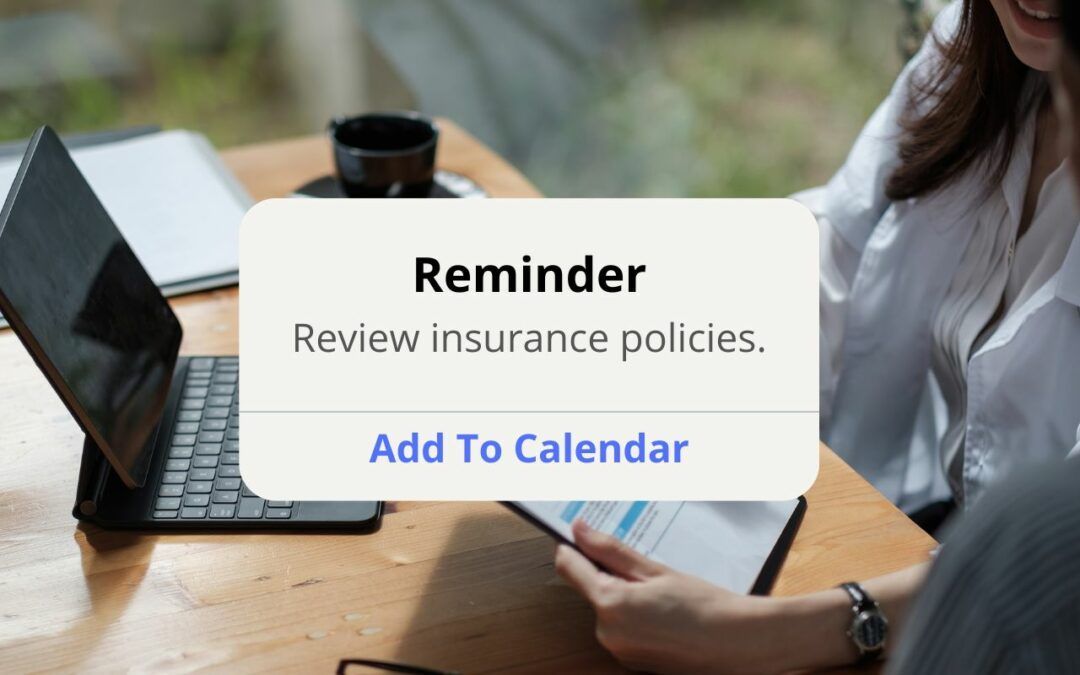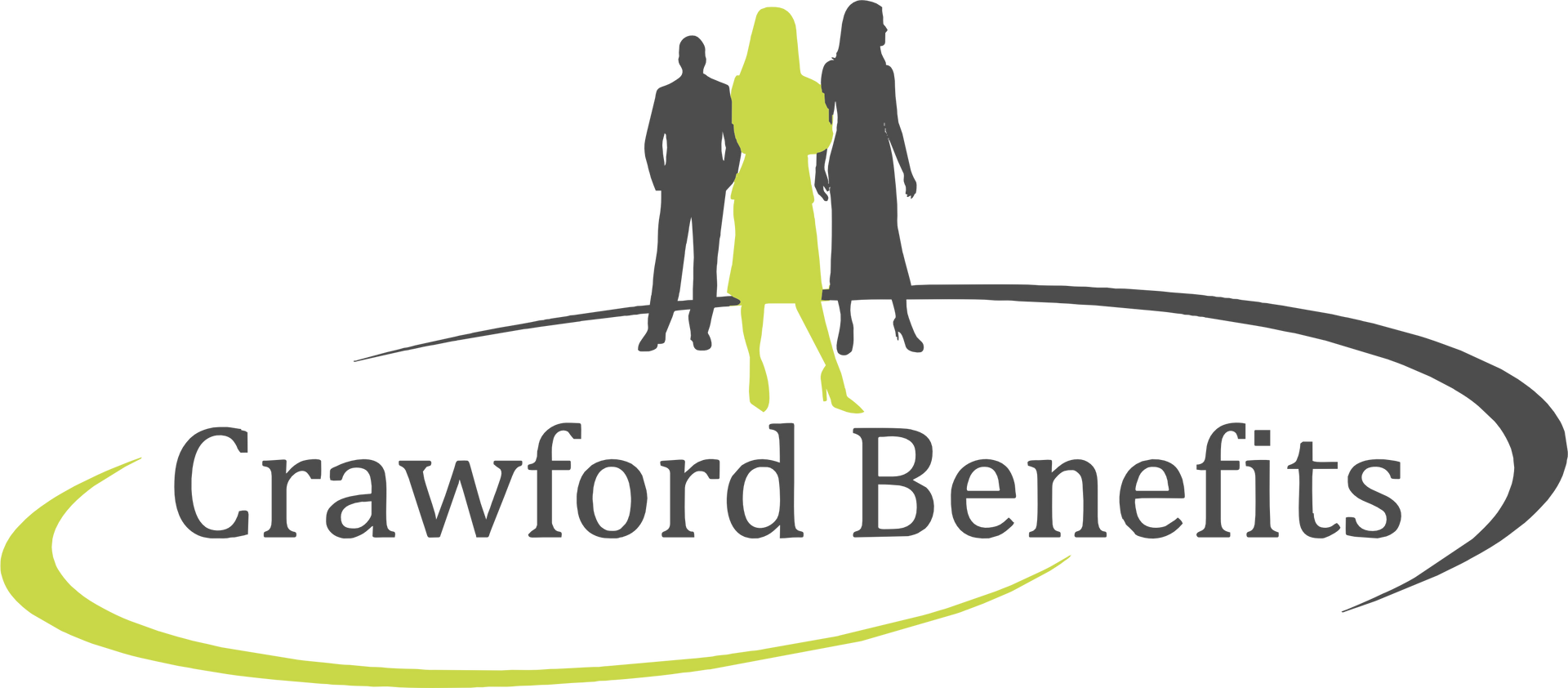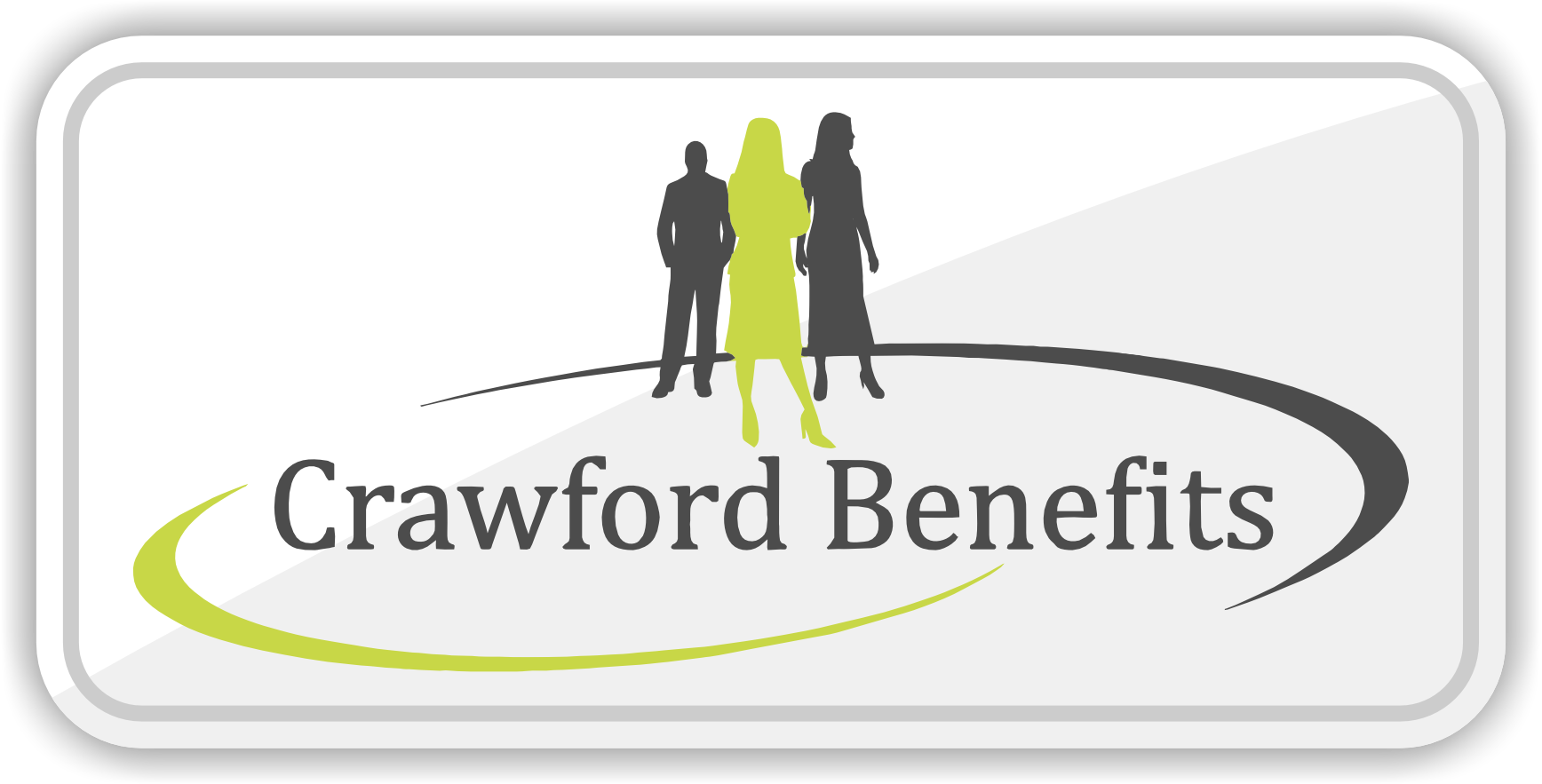Beware of Health Insurance Scammers: How to Protect Yourself
Beware of Scams

Beware of Health Insurance Scammers: How to Protect Yourself
In today's world, health insurance is more crucial than ever. It provides financial protection and access to necessary medical services, making it an essential part of our lives. However, with the importance of health insurance comes the risk of falling prey to scammers who prey on our fears and confusion about health coverage. These scammers can cause significant financial and emotional damage, but by staying informed and vigilant, you can protect yourself from their schemes.
Common Scams to Watch Out For
- Phishing Calls and Emails Scammers often use phishing tactics to trick people into revealing personal information. They might call or email you, pretending to be from a legitimate insurance company, and ask for sensitive details like Social Security numbers, bank account information, or policy numbers. These scammers may use high-pressure tactics or create a sense of urgency to make you act quickly without verifying their identity.
- Fake Insurance Plans Some scammers offer fake health insurance plans that sound too good to be true. They might advertise incredibly low premiums or extensive coverage, but once you sign up, you find that the plan doesn’t exist or doesn’t cover what you were promised. These fraudulent plans often leave you without coverage when you need it most.
*If someone proposes a plan without taking your current plan into account, they may be prioritizing their own interests over yours.*
3. Medicare Scams With the aging population, Medicare scams have become increasingly common. Scammers might contact seniors with offers of free medical equipment, services, or special discounts on Medicare plans. They may ask for personal information or payment for services that are either subpar or nonexistent.
4. Identity Theft Some scammers focus on stealing personal information to commit identity theft. They might use health insurance as a cover to get access to your personal details, which they then use to open credit accounts, take out loans, or engage in other forms of financial fraud.
How to Protect Yourself
- Verify Sources Always verify the legitimacy of any communication you receive regarding health insurance. If you receive a call, email, or letter from an insurance company, use the official contact information on their website to confirm that the communication is genuine. Avoid using contact details provided in unsolicited messages. If you are questing legitimacy, make sure to verify display name AND email address as businesses typically have their own domain. Beware of people saying, “I am calling from your agents office”. Our office will always identify ourselves as “Hi this is __________ from Crawford Benefits”.
- Be Skeptical of Unsolicited Offers Be cautious of unsolicited offers for insurance plans or medical services, especially if they require immediate payment or personal information. Legitimate insurance companies and providers do not pressure individuals into making hasty decisions.
- Check the Fine Print Before signing up for any insurance plan, thoroughly review the policy documents and terms. Ensure you understand the coverage details, exclusions, and costs. If something seems unclear or too good to be true, seek advice from a trusted advisor or insurance expert. Make sure that you request a Summary of Benefits (SOB) before enrolling in a plan.
- Protect Your Personal Information Be mindful of where and how you share your personal information. Use secure websites and avoid sharing sensitive details over the phone or email unless you’re certain of the recipient’s identity.
- Report Suspicious Activity If you suspect you’ve been targeted by a scam or have encountered a fraudulent insurance offer, report it to the Federal Trade Commission (FTC) or your state insurance regulator. Reporting scams can help prevent others from falling victim and may assist in bringing scammers to justice.
- Educate Yourself Staying informed about common scam tactics and the latest fraud schemes can help you recognize potential scams more easily. The more you know, the better equipped you’ll be to protect yourself from fraudulent activities.
Conclusion
Health insurance is a vital part of maintaining your health and financial security, but it’s essential to be cautious and informed to avoid falling victim to scammers. By verifying sources, being skeptical of unsolicited offers, protecting your personal information, and reporting suspicious activities, you can safeguard yourself and your loved ones from health insurance fraud. Remember, a little vigilance goes a long way in ensuring that your health coverage is both reliable and legitimate. Stay safe and informed!



